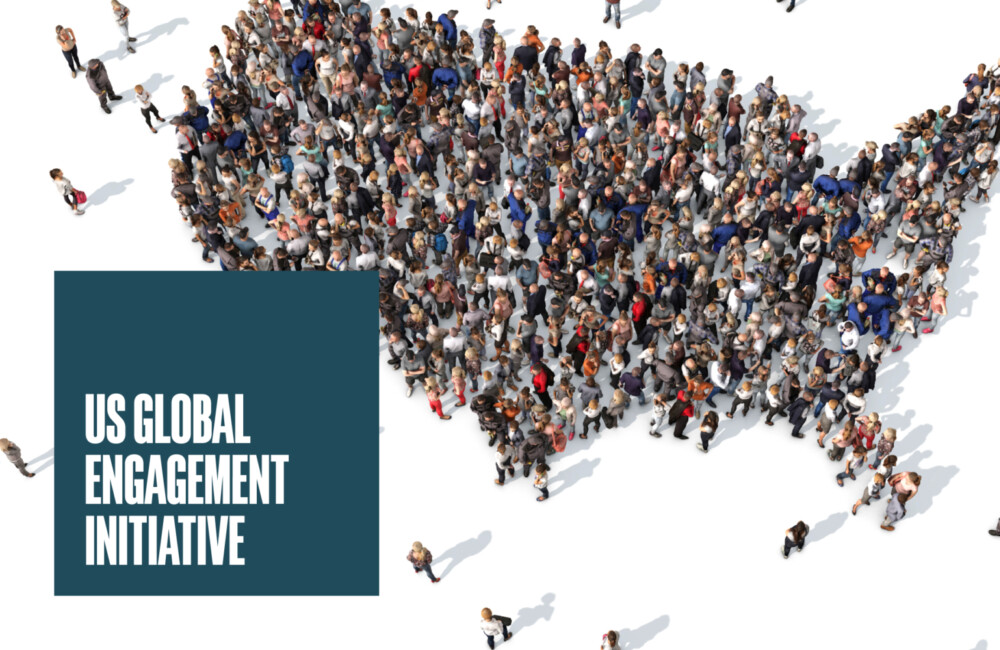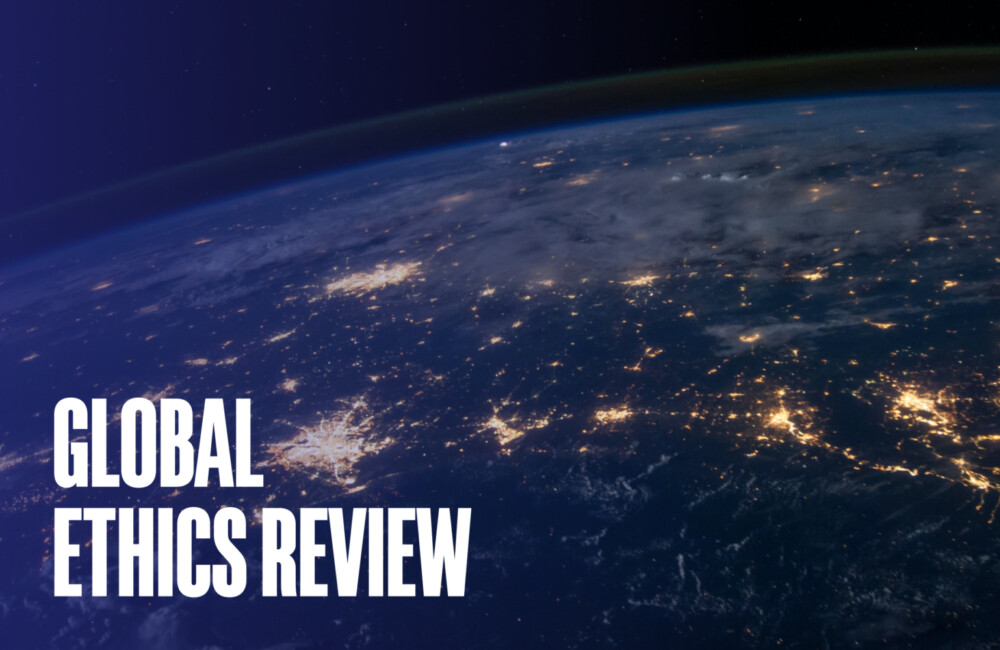Framing ethical perspectives
Multilateralism refers to a group of nations working together for a common goal. It is at the heart of international relations as nation-states form alliances with like-minded countries to take on global issues, such as climate, emerging technology, inequality, and collective security. Carnegie Council sees multilateralism as essential to generating solutions to global problems and a critical component of an ethical present and future.
Featured Multilateralism Resources
Inclusivity, AI & climate governance, and more
FEB 27, 2024 • Video
A Carnegie Council Conversation with the UK Home Secretary
MAR 28, 2024 • Video
Unlocking Cooperation: The Global South and Global North
In the inaugural panel of the "Unlocking Cooperation" series, Ramu Damodaran leads a discussion on forging a path forward for Global South/North collaboration.
OCT 18, 2023 • Video
Unlocking Cooperation: A Global Ethics Day Special Event
In this keynote event for Global Ethics Day 2023, Carnegie Council President Joel Rosenthal led a conversation on the psychology behind cooperation; ways that states, institutions, ...
Subscribe to the Carnegie Ethics Newsletter for more on ethics and international affairs
Related Initiatives
Model International Mobility Convention
The primary goal of the Model International Mobility Convention (MIMC) is to formulate new rules for migration and asylum that can benefit both migrants and refugees as well as their states of origin, transit, and destination.
Carnegie Ethics Accelerator
The Carnegie Ethics Accelerator is a new kind of incubator designed to empower ethics in the face of swiftly evolving challenges in technology and public policies.
Explore Our Multilateralism Resources

NOV 8, 2019 • Article
A Washington Insider Take on the Narratives
Carnegie Council Senior Fellow Nikolas Gvosdev follows up on his recent report on U.S. Global Engagement, "The Search for a New Narrative: Recasting American ...

OCT 30, 2019 • Article
Crafting Narratives and the 2020 Elections
As the recent U.S. Global Engagement report notes, there is no longer one main narrative for U.S. foreign policy. Senior Fellow Nikolas Gvosdev ...

OCT 25, 2019 • Article
The Search for a New Narrative: Recasting American Involvement in the International System
This project on U.S. Global Engagement was launched in 2018. An initial report, released in December 2018, diagnosed the causes and symptoms of the narrative collapse ...

OCT 21, 2019 • Podcast
The Individual & the Collective, Politics, & the UN, with Jean-Marie Guéhenno
Carnegie Council Senior Fellow Jean-Marie Guéhenno, former head of United Nations peacekeeping operations, discusses the tensions between the individual and the collective in a ...

OCT 18, 2019 • Article
A Russian Take on the Kurds and U.S. Foreign Policy
A Russian defense news site declared the United States an "unreliable ally" after the withdrawal of American troops from Northern Syria. Senior Fellow Nikolas Gvosdev ...

OCT 17, 2019 • Podcast
The Struggle for Recognition in International Relations, with Michelle Murray
How can established powers manage the peaceful rise of new great powers? Bard's Michelle Murray offers a new answer to this perennial question, arguing that ...

OCT 15, 2019 • Podcast
Gen Z, Climate Change Activism, & Foreign Policy, with Tatiana Serafin
Generation Z makes up over 30 percent of the world's population and this group of people, most under the age of 20, are already having an extraordinary ...

OCT 10, 2019 • Podcast
The Power of Tribalism, with Amy Chua & Walter Russell Mead
"In our foreign policy, for at least half a century, we have been spectacularly blind to the power of tribal politics," says Amy Chua, author ...

OCT 3, 2019 • Podcast
Climate Change, Intergenerational Ethics, & Political Responsibility, with Stephen Gardiner
University of Washington's Professor Stephen Gardiner discusses the ethics of climate change from intergenerational, political, and personal perspectives. Should individuals feel bad for using plastic ...

SEP 20, 2019 • Article
Need for a New Consensus
Foreign policy experts are having difficulty linking the negative implications of a shift towards trasactionalism for U.S. foreign aid to voters. This begs the ...




